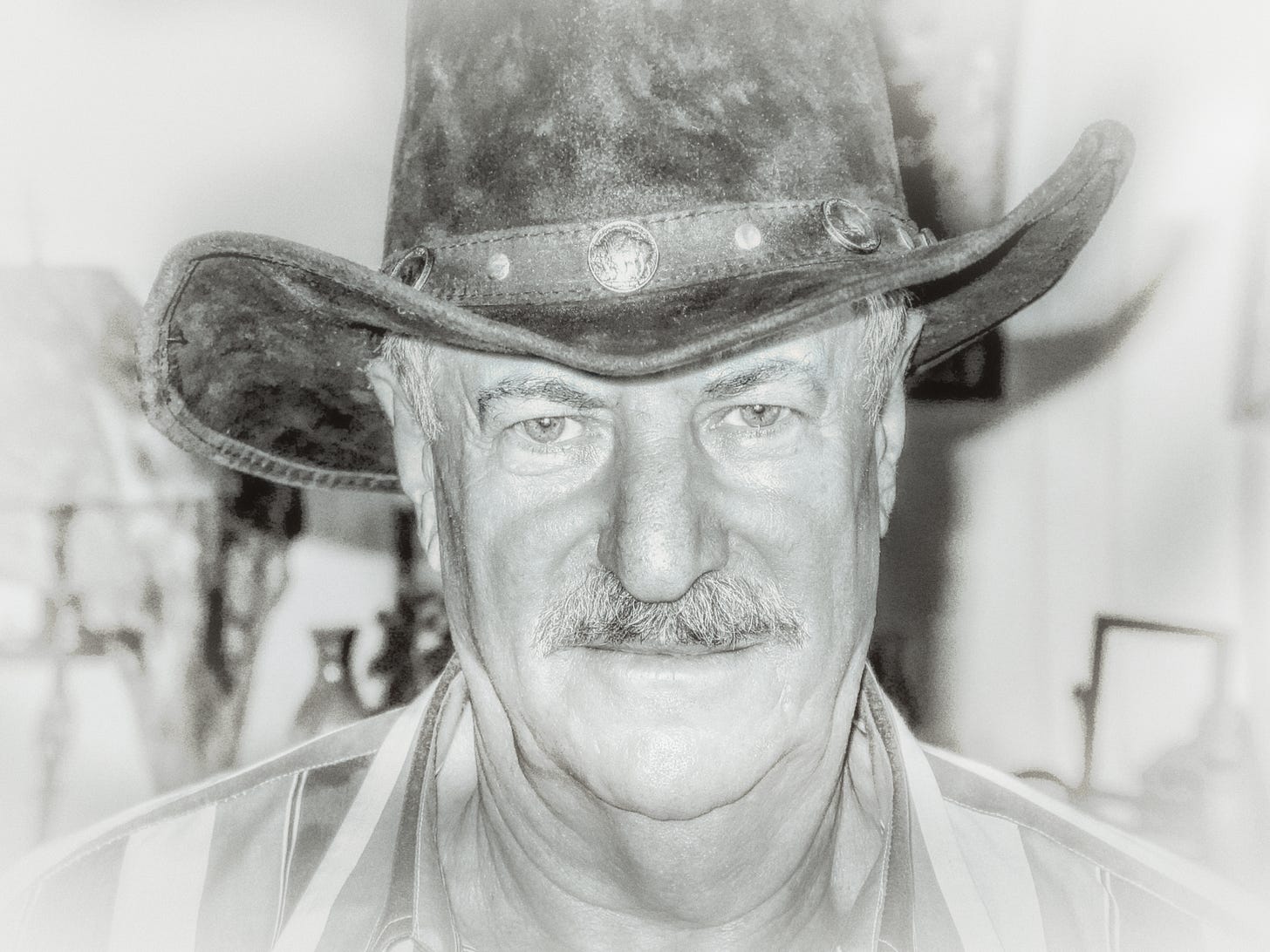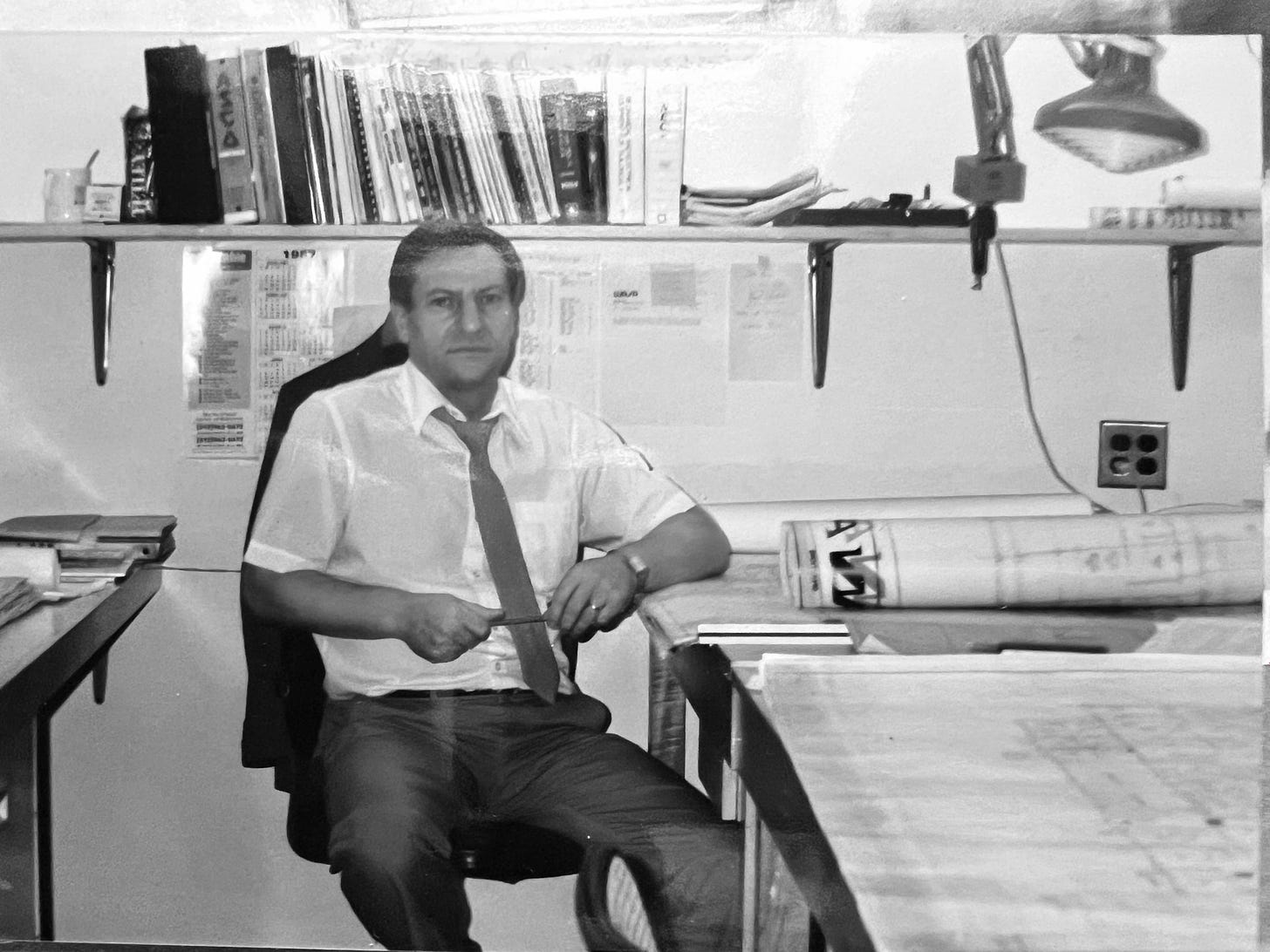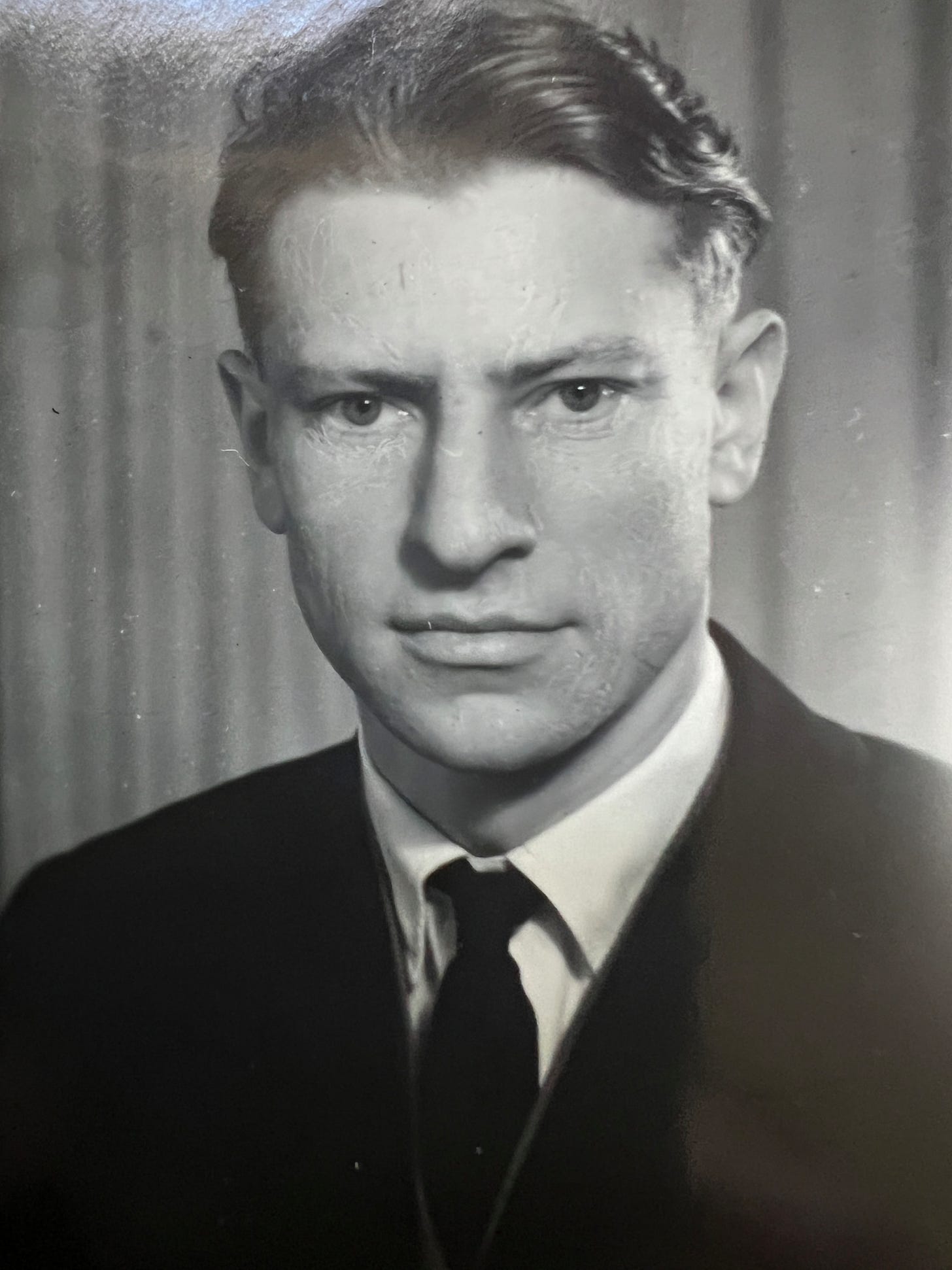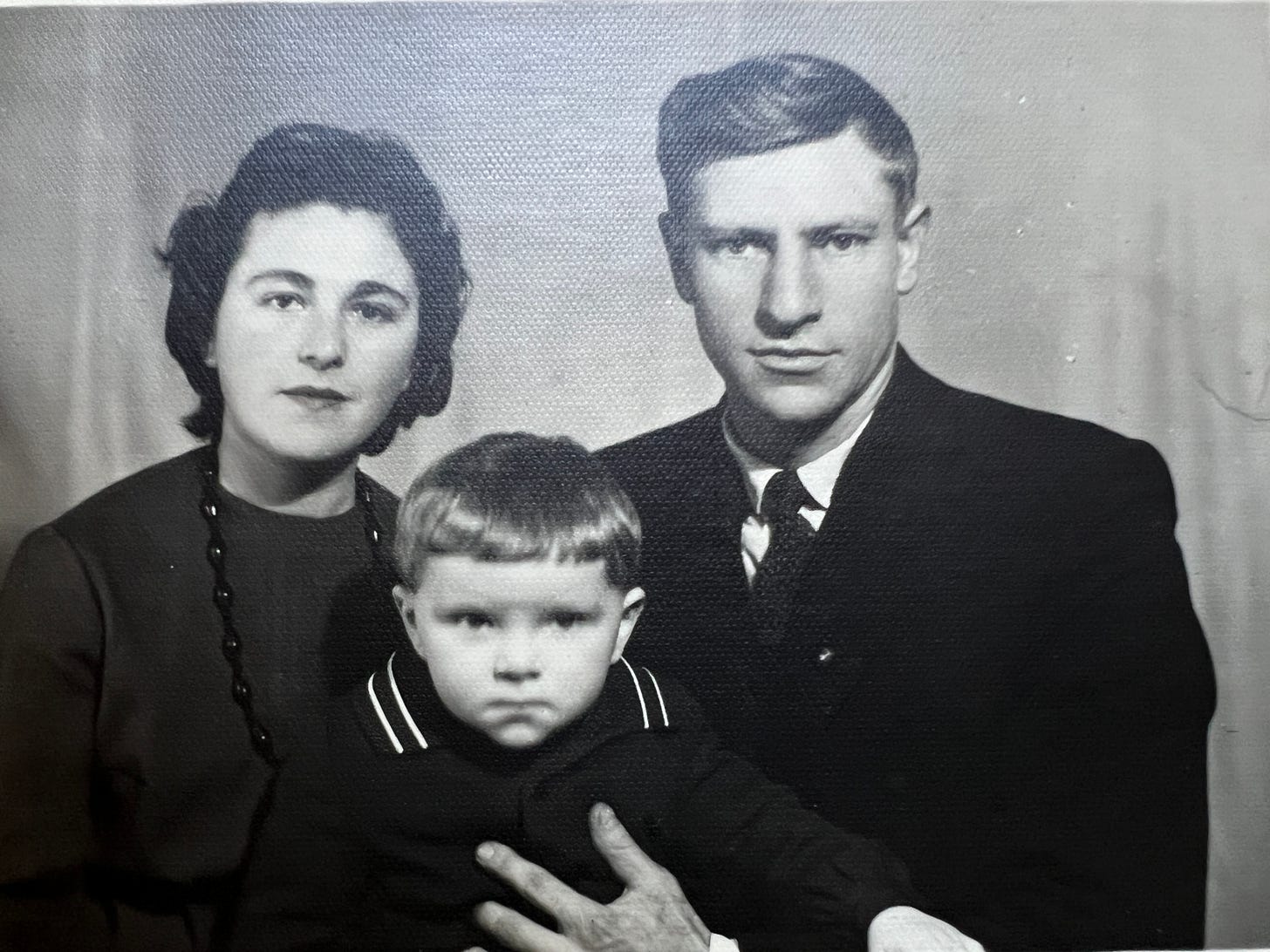“If I were a stranger to you—just some Joe Blow for the rest of the year,” my dad once said, “and turned into your father on the third Sunday in June, I would understand why you’d want to celebrate it. But since I’m your father every day, giving me presents for Father’s Day is like buying ice cream for the sun because it rises in the east. Instead of wasting money on a useless present, donate it to a homeless cat shelter.”
He loved cats. I’m a dog person. We didn’t have a lot in common. He was a child of war who survived in a world where survival meant doing whatever it took to stay afloat.
Like many first-generation immigrants, he was a staunch conservative. Having left the USSR, where the government controlled nearly every aspect of life and personal freedom, he believed deeply in the principles of hard work, self-reliance, and limited government. These weren’t just abstract ideas for him—they were the foundation of the life he was building in a new country, a life where he could control his own destiny. To him, conservatism was a safeguard against the chaos he had experienced, a way to protect the freedoms and opportunities that had drawn him to this country in the first place. In other words, he idolized Ayn Rand.
Ouch! As a student at a liberal film school in New York City, just the mention of Ayn Rand’s name made me feel nauseous. I had been thoroughly convinced—some might say brainwashed—that Marxism was the way to go, and that those Russki Politburo meatheads had perverted Karl’s ideas. Questioning the status quo and sticking it to the man—was there any better way to change the world? This, of course, put my dad and me at odds pretty much all the time, turning our home into a battleground of clashing ideologies.
But despite our differences, there was a quiet understanding that didn’t need words. We didn’t have to like the same things to care about each other. I think that’s what made our relationship work, in its own way, and I have to thank him for that.
He loved the quote by Honest Abe: “We are not enemies, but friends. Though passion may have strained, it must not break our bonds of affection.” We could argue until we were blue in the face about politics, but at the end of the day, he was my dad, and I was his kid. And in those moments of calm, when the debates were over and the house was quiet, we both knew that was enough.
As I got older, though, I began to see things differently. Not that I ever came around to Ayn Rand—I’m pretty sure I’ll go to my grave thinking she was, at best, a cult leader in a really bad wig. However, my views did shift closer to the center. I came to appreciate the value in some of the principles my father held dear, like personal responsibility and the importance of stability. While I didn’t fully embrace his conservative stance, I found myself standing much nearer to his political neighborhood than the radical ideas I once championed during my youth. This shift wasn’t about conceding defeat but rather about recognizing that the world is more nuanced than the black-and-white ideologies I once clung to.
He died four years ago, on August 20th, 2020, at the age of 83, having fought pancreatic cancer like a Greek soldier, refusing to surrender until his last breath.
“Any day above ground is a good day,” were his last words.
The hole his absence left in my life seems to grow bigger every year. In the past, visiting his grave would ease the feeling of loss. But it’s no longer enough. Now I need to write about it too.
Thanks for reading and being a subscriber.
’Til next time.
ak







I'm catching up on your feed due to faulty IOS updates. I never saw these pop up on my phone. Sorry for delay. Very nice eulogy. I lost my dad this past year. Haven't yet written about him. One day it will come. Be well!
This is fantastic. Thank you Alex.